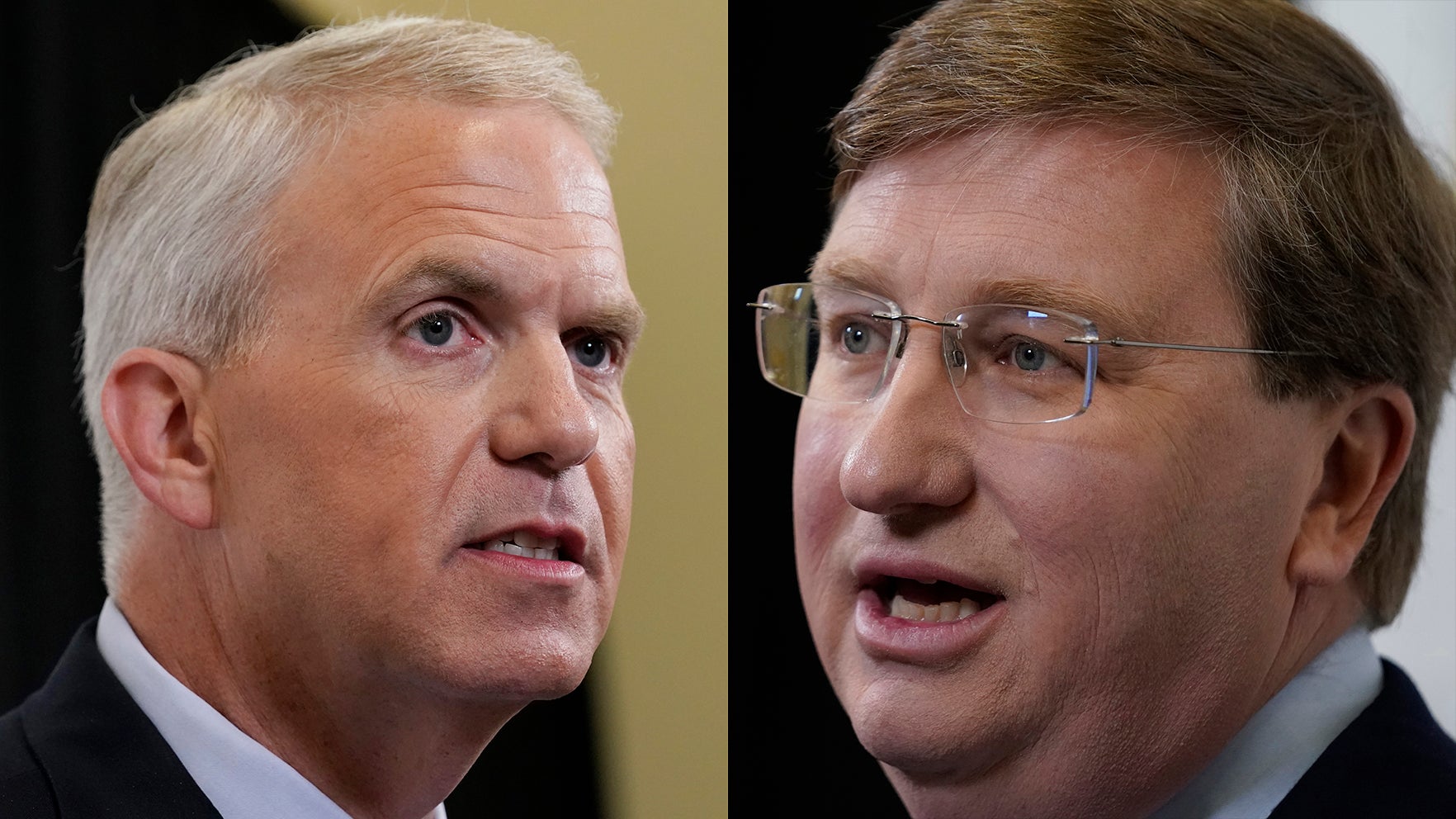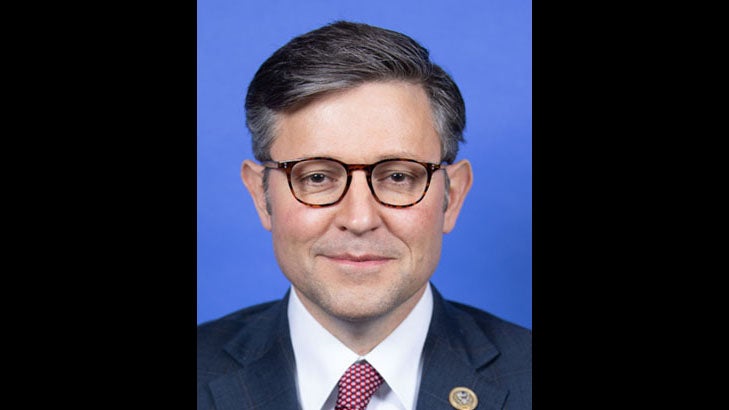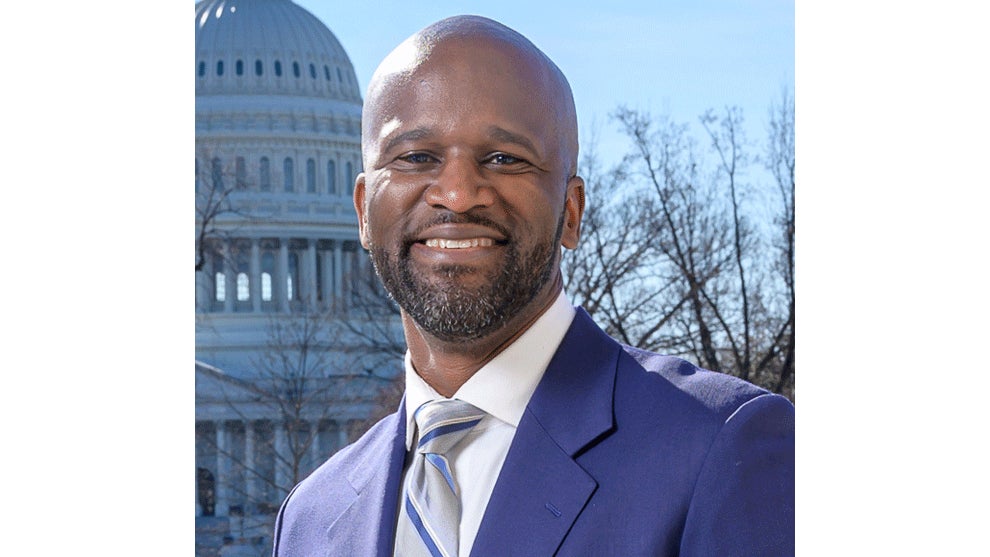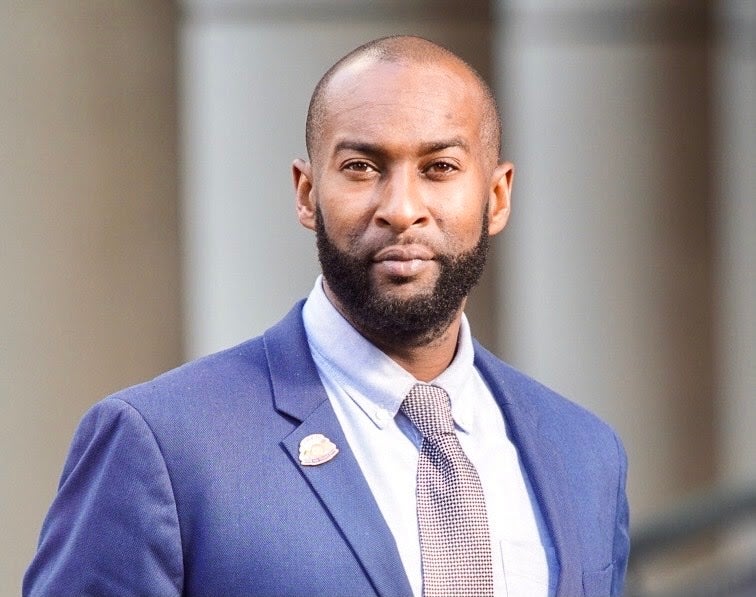McMaster tapped to replace Flynn
Published 8:22 pm Monday, February 20, 2017
(AP) — President Trump has tapped Army Lt. Gen. H.R. McMaster, a prominent military strategist known as a creative thinker, as his new national security adviser, replacing the ousted Michael Flynn.
Trump announced the pick Monday and said McMaster is “a man of tremendous talent and tremendous experience.”
Sitting next to Trump for the announcement, McMaster said he was honored to take on the role and added that he looks forward to “doing everything that I can to advance and protect the interests of the American people.”
The president’s choice further elevates the influence of military officers in the new administration. Trump, who has no military or foreign policy experience, has shown a strong preference for putting generals in top roles. In this case, he tapped an active-duty officer for a post that’s sometimes used as a counterweight to the Pentagon. McMaster, who wore his uniform for the announcement, joins Defense Secretary Jim Mattis and Homeland Security Secretary John Kelly, both retired generals, in Trump’s inner circle of national security advisers.
The White House said Monday McMaster plans to remain on active military duty.
He will take on the challenge of leading a National Security Council that has not adjusted smoothly to Trump’s leadership. The president suggested he does not trust holdovers from the Obama administration and complained about leaks to reporters. His decision to put his top political adviser on the senior committee of the National Security Council drew sharp criticism. On Friday, the head of the council’s Western Hemisphere division was fired after he criticized Trump’s policies and his inner circle of advisers.
Trump said Monday that retired Army Lt. Gen. Keith Kellogg, who had been his acting adviser, will now serve as the National Security Council chief of staff. He also said he would be asking John Bolton, a former U.S. ambassador to the United Nations, to work with them in a “somewhat different capacity.”
McMaster is viewed as soldier-scholar and creative thinker. He has a doctoral degree in history from the University of North Carolina and has been heavily involved in the Army’s efforts to shape its future force and its way of preparing for war. He is the director of the Army Capabilities Integration Center, a sort of military think tank, at Fort Eustis, Virginia.
Outside of the Army, he may be best known for his 1997 book, “Dereliction of Duty,” a searing indictment of the U.S. government’s mishandling of the Vietnam War and an analysis of what he called the “lies that led to Vietnam.” The book earned him a reputation for being willing to speak truth to power.
McMaster commanded troops in both American wars in Iraq — in 1991, when he fought in a storied tank battle known as the Battle for 73 Easting, and again in 2005-2006 in one of the most violent periods of the insurgency that developed after the U.S.-led invasion in 2003. He is credited with using innovative approaches to countering the insurgency in the northern Iraqi city of Tal Afar when he commanded the 3rd Armored Cavalry Regiment. He later served as a special adviser to the top U.S. commander in Iraq.
McMaster was Trump’s second choice to replace Flynn, who has been under FBI investigation for his contacts with Russian officials. Trump dismissed Flynn last week.
Trump’s first choice to replace Flynn, retired Vice Adm. Robert Harward, turned down the offer.
Sen. John McCain, an increasingly vocal Trump critic, called McMaster an “outstanding” choice.
The position of national security adviser does not require Senate confirmation.





